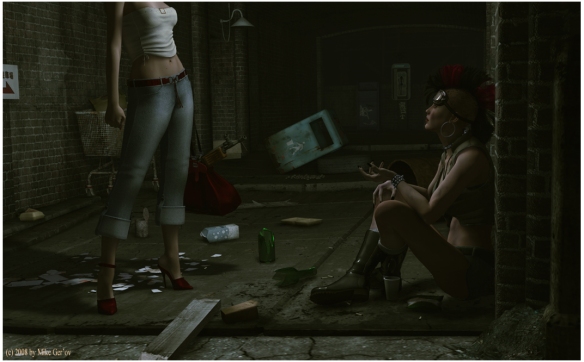The surprise bestseller in the world at the moment is Capital in the Twenty-First Century by the French economist Thomas Piketty. I’ve not actually started reading the book, though it’s the next one that I shall and I’m thoroughly looking forward to it.
Although it’s a fairly forbidding Economics text book it has particular resonance to me as a lot of my fiction deals with its primary theme which is how the growth of and pursuit of capital (which in Piketty’s definition appears to be any accumulation of surplus wealth) has led to increasing inequality which in his eyes (and mine) is not at all a good thing.
In fact, inequality (as Marx also noted in his Das Kapital) leads not only to injustice but an unsustainable disequilibrium which in the end may be resolved in ways that appeal to no one.
But why has his tome become such a best seller?
Well, clearly I’m not the only one who has become increasingly troubled by the widening gap between the rich and the poor which process began after a longish period of narrowing inequality and is now very close to the absolute differences that existed before and may even have precipitated the First World War.
This is a process that left to its own devices can only continue to get more extreme and this is what Piketty explains in his book. Eventually, we get back to a state that most people had thought was consigned to history where there is virtually no opportunity for anyone to escape from the disadvantages of lower estate and where the wealthy continue to accumulate wealth and pass it on (often free of tax) to their descendants, so that wealth becomes further and further divorced from any concept of desert. There is also a slimming-down of what might be called the middle class as the economic activity that sustained it is focused increasingly on smaller numbers of the privileged.
There is a political dimension to this, which is that ever since the change of attitudes brought about by Thatcher and Reagan in the 1980s, no politician dares challenge the new political orthodoxy which is reinforced by the vast sums of money that goes into political donations and unsubtle propaganda (like Fox News and the Daily Mail) from those who can most easily afford it.
However, I don’t intend to make this a political blog (much as I’m often inclined to), but simply point out that the awareness of this disturbing process is something (amongst other dystopian trends)that has informed my novel No Future and is satirised in such short stories as Party Slave, Blessed by Nature and, of course, my latest short story: Disgust.

